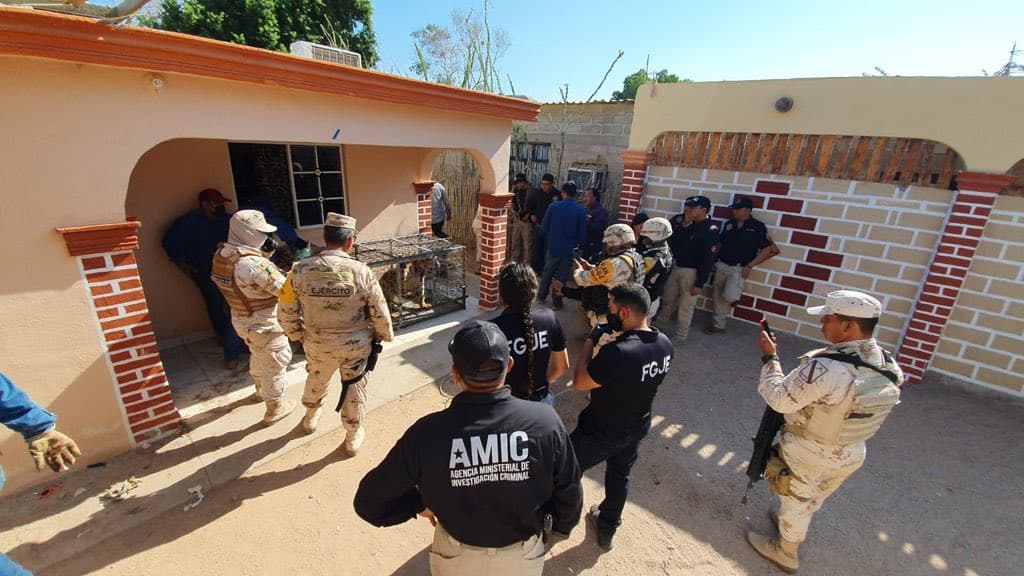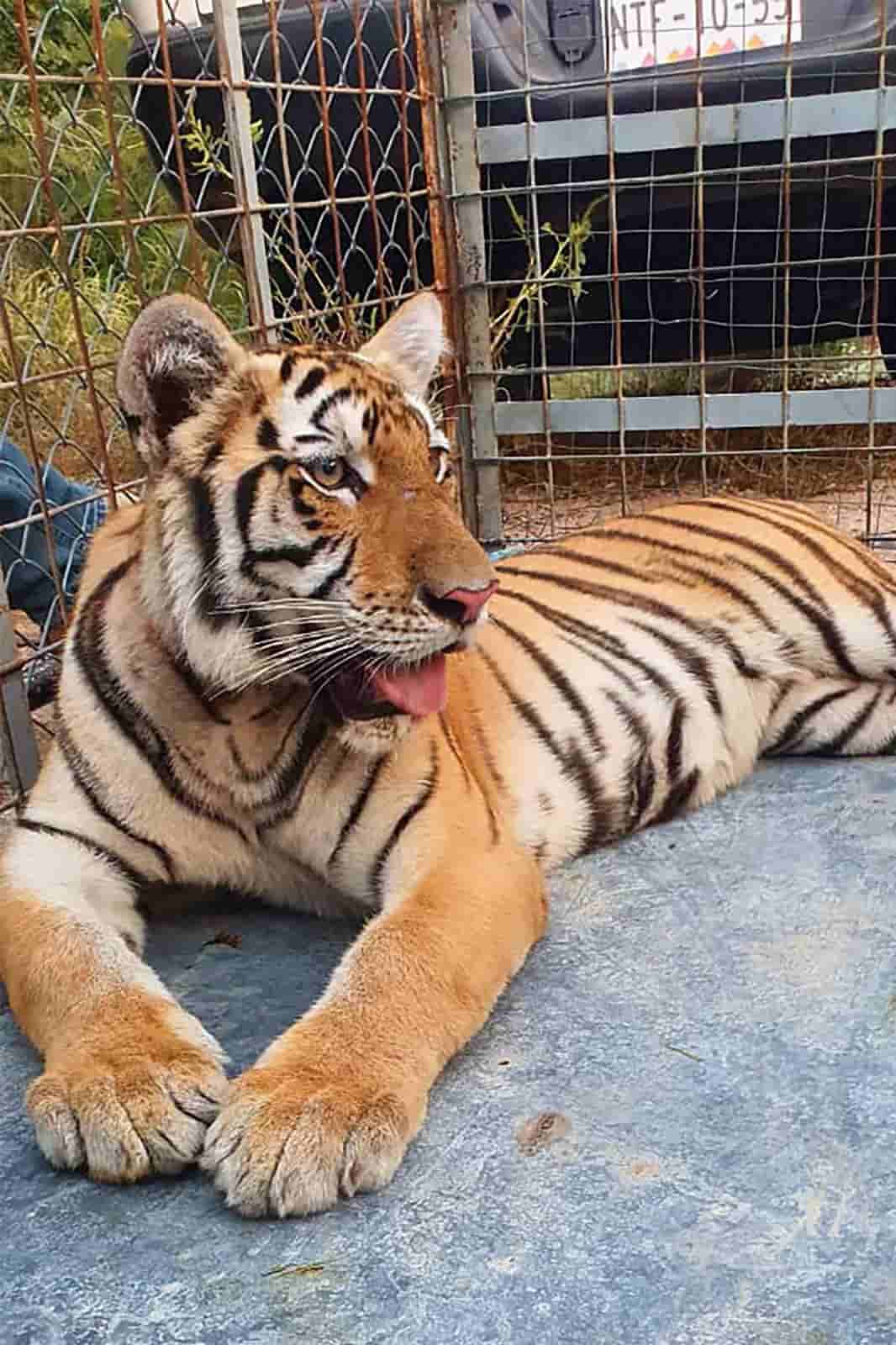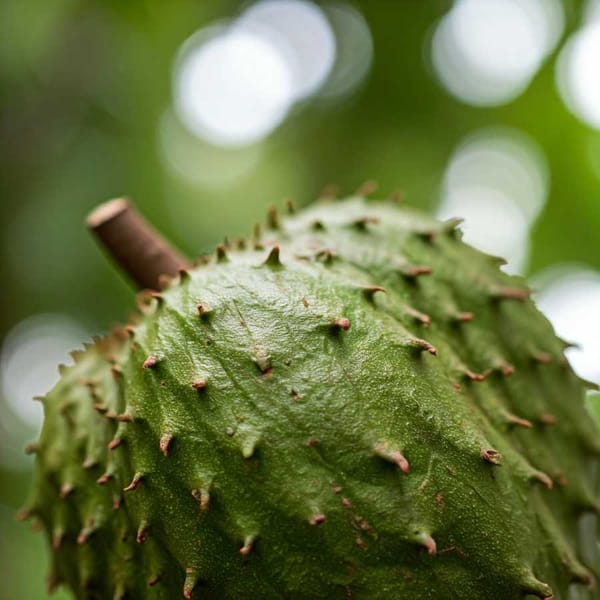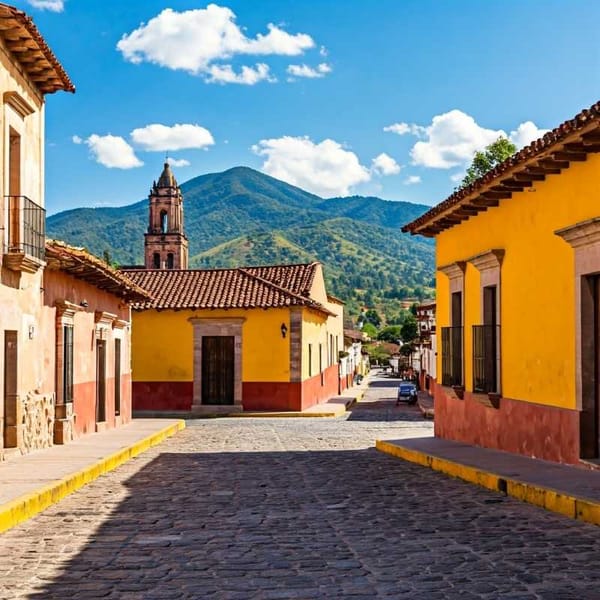These are the drug traffickers' favorite animals in Mexico
Trafficking animals is one of the most expensive and colorful traditions of criminal groups, and one of their growing businesses.

In May 2021, the driver of a cargo truck was gunned down by police officers in the city of Nogales, Arizona, ending an intense chase that began moments earlier when the unit refused to stop for authorities. The cargo: weapons, money, and most important of all, two live Bengal tigers.
What can a man who has everything buy? The history of drug lords is full of luxuries and excesses, but there is one that separates them from ordinary billionaires: access to the illegal trade in exotic animals.
Lions, bears, panthers, crocodiles, and macaws are just some of the protected species that have been seized in various operations around the country from members of organized crime; in this world animals are a status symbol, and photographs posing with them a reminder of impunity from the authorities. This creates a business with growing demand.
During the last decade, the Federal Attorney General's Office for Environmental Protection (Profepa) was already warning about the illegal trafficking of animals as the fourth most profitable illicit activity of organized crime internationally, in Mexico, it could become the third most profitable for criminal groups only behind drug and arms trafficking.
In twelve years, between 2008 and 2020, it is estimated that more than 3,400 exotic animals were seized in the country, with a high possibility that the number of specimens that remain in collections belonging to organized crime could be much higher.

The favorites
Bengal tigers are among the favorites of organized crime bosses and the generations that succeed them, the so-called "narco juniors", who, together with lions, are the most seen through the media in which they present their luxurious lives.
According to what Criminology and Forensic researcher José Luis Carpio Domínguez explained to El Sol de México, there is evidence that in the so-called "Golden Triangle", between Chihuahua, Sinaloa, and Durango, there could be more specimens of Panthera Tigris than in India.
According to figures from the Financial Action Task Force (FATF), presented in the same article, the price of one of these animals in adulthood can be around two thousand dollars, but this amount can go up to 30 thousand when it is an albino cub.
At the end of last week, history repeated itself in Puerto Libertad, Sonora, when authorities found a female Bengal tiger chained inside a house, where vehicles, weapons, and tactical equipment were also seized. While Profepa authorities investigate the animal's origin, the animal is being held at the Hermosillo Ecological Center.

Smooth business
The purchase of animals for personal gratification is not the only way in which organized crime benefits from animal trafficking; Mexican species for sale abroad also represent a juicy business that comes with some advantages over drug or arms trafficking, such as lower risk.
Among the most trafficked Mexican species are the yellow-headed parrot, the orange-fronted parakeet, and scarlet and green macaws. Marcos Czacki Halkin, former director of operations at Daimler Financial Services Mexico, told El Sol de México that the latter species can be sold for up to 22,200 dollars abroad, being much less risky to transport and sell than trafficking, for example, cocaine.
As he explains, a dose of this drug can be sold for 1,000 pesos, "selling 500 staples of cocaine with the risk involved is equivalent to selling a macaw that can be transported in a dog crate in a car without risk. A semi-new goat horn is worth 450 dollars in Mexico, so a macaw is equivalent to the commercial value of 50 of these weapons.
Animal traffickers take advantage of the high demand for Mexican species and the country's lax legislation to grow this business that seriously affects one of the most diverse regions in the world. During the pandemic, it is estimated that in some areas of the country, such as Sinaloa, this crime has increased by 1,000 percent.
Source: El Sol de Hermosillo




